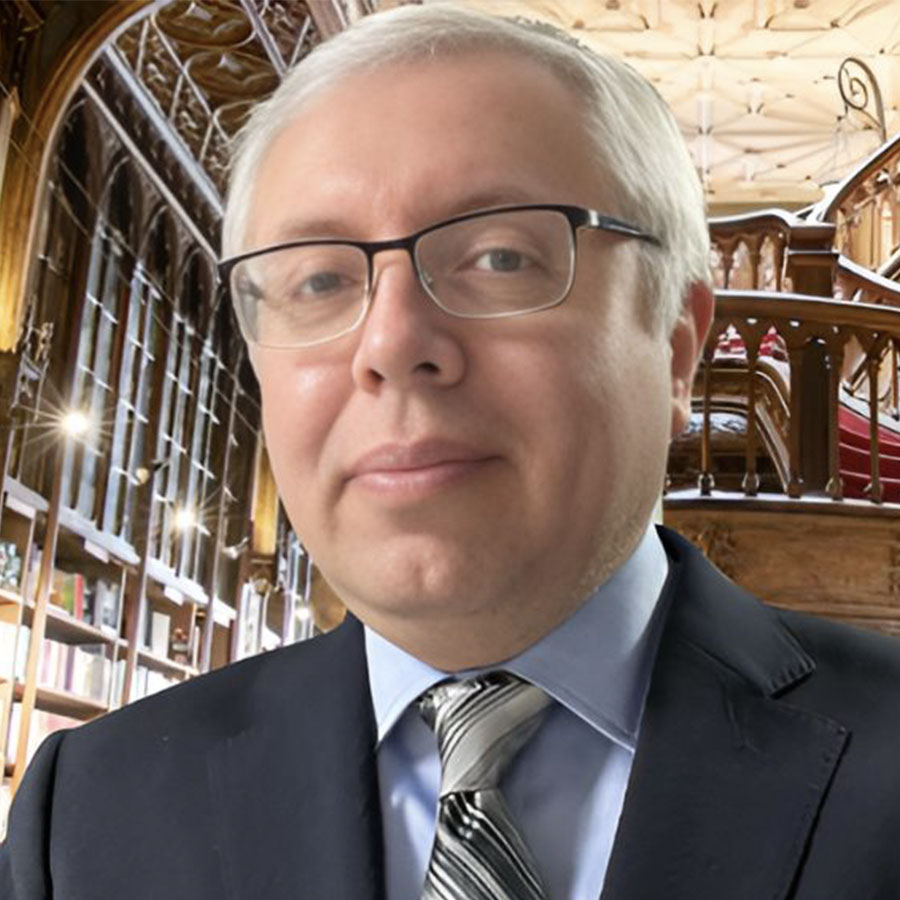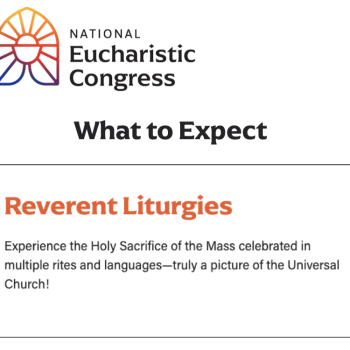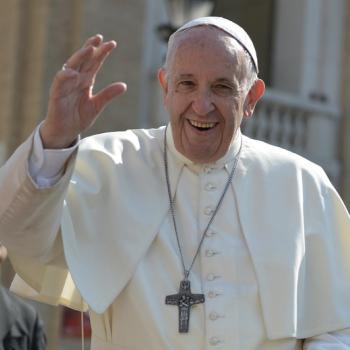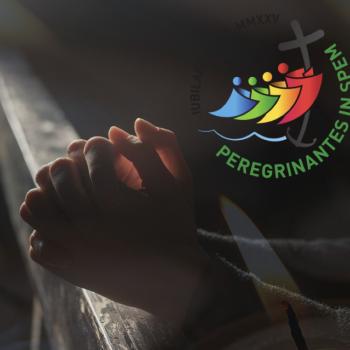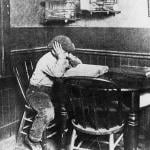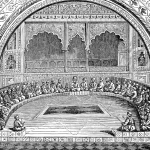
On Monday, April 21, in the morning, the Catholic world was shocked after hearing the news that Pope Francis had passed at 7:30. It was Monday in the Octave of Easter. Just a day before, on Easter Sunday, the Holy Father had imparted his last blessing Urbi et Orbi, for Rome and for the world, as a tender act of farewell, without anyone knowing.
Summarizing the pontificate of any pope in a word might seem hard. Yet, it is not as difficult as it seems. To me, it is hard to read the pontificate of Pope Francis in disconnection with his two predecessors. They are linked in a fascinating way. These three were the popes responsible to embed the thinking of the fathers of the Second Vatican Council into the life of the Church —a task that can take decades, just as it happened with other big councils such as after Nicea and Trent.
The Post-Vatican II Papal Triptych: The Philosopher, the Theologian and the Pastor
Perhaps you might have not paid attention to the following similitude: to form a priest in the seminary, in general, he needs to pursue a degree in Philosophy, then one more in Theology, followed by one year of pastoral work to be ready to be ordained as a deacon. Providentially, God chose to form his Church after Vatican II the same way: entrusting it first into the hands of a monumental philosopher such as Karol Wojtyła (St. John Paul II), to continue its formation through the wisdom of the greatest theologian of our times, Joseph Ratzinger (Benedict XVI), followed by a master in pastoral care such as Jorge Mario Bergoglio (Francis), a pope whose pontificate felt as if he was a parish pastor for all the world and who even had the Good Shepherd in his pectoral cross.
This pontifical tryptic, Philosopher-Theologian-Pastor that has formed the Church post Vatican II, identical to the formation of a priest, cannot be a mere coincidence. It is a reassuring sign that God provides the right pontiff at the most convenient time.
St. John Paul the Great is remembered as the Pilgrim Pope, for he was the first to jump on a plane and travel to as many countries as he could to reach all possible corners of the Earth to bring the Gospel. Pope Benedict XVI consistently presented us the God who is Love, since his first homily and even in his first encyclical letter, Deus caritas est.
Mercy as the Heart of His Mission
Francis, the master in pastoral work, can fairly be regarded as “the Pope of Mercy”, for mercy was the guiding thread and central theme in his teachings and actions through his pontificate.
Since his first prayer of the Angelus, on March 17, 2013, he told us that “God’s face is the face of a merciful father who is always patient” and reminded us that God never tires of forgiving us, but it is us who grow weary of asking for forgiveness, something he would repeat on several occasions.
The mercy of God was so important to Francis, that he proclaimed an extraordinary Jubilee of Mercy in 2015 through his bull Misericordiae Vultus. “How much I desire that the year to come will be steeped in mercy, so that we can go out to every man and woman, bringing the goodness and tenderness of God!”
The Jubilee of Mercy: Consolation, Forgiveness, and Hope
When the time came to open the Holy Door to inaugurate this jubilee, on the Solemnity of the Immaculate Conception that year, he said, “The Holy Door will become a Door of Mercy through which anyone who enters will experience the love of God who consoles, pardons, and instills hope.”
Consolation, forgiveness and hope so desperately needed by many, and received from God in abundance during the holy year which is a jubilee, was one of the greatest gifts Pope Francis gave the flock entrusted to him by our Father in Heaven.
Mercy for All: Reaching the Broken and the Forgotten
The self-realization of a life of sin can become a very heavy burden to many, sometimes an unbearable one. Pope Francis reassured everyone, by the conclusion of the Year of Mercy in 2016 that, “There is no sin that God’s mercy cannot reach and wipe away when it finds a repentant heart seeking to be reconciled with the Father.”
On that same line, in his homily for Divine Mercy Sunday on 2018 he insisted, “Jesus does not want us to keep thinking about our failings; rather, he wants us to look to him. For when we fall, he sees children needing to be put back on their feet.”
But mercy is not only something we experience from God. In return, we must also be merciful to others. “May the mercy of God open our hearts to the needs of our brothers and sisters, overcoming divisions and bringing peace to our world”, said the Holy Father in Christmas in 2024.
Living Mercy: From the Vatican to the Peripheries
As the great pastor he was, Pope Francis showed us how to serve each other through the works of mercy Jesus taught us in the Gospel over and over again, with no restrictions, beyond all frontiers and breaking all barriers, even the ones that are the hardest to trespass, those set by ourselves through our own prejudice.
Pope Francis invited the homeless for dinner to the Vatican and built showers for them. He embraced and kissed the sick who approached him. Francis washed the feet of female prisoners. The Supreme Pontiff kissed the shoes of Sudan’s rival leaders in an effort to foster peace among the war-torn nation. The Holy Father allowed everyone to receive the blessing of God, even those living in an irregular union —yet, not blessing the union itself and “not changing perennial teaching of the Church on marriage” (Fiducia Suplicans) —. The Pope insisted that we, the Church, must go out to the peripheries to serve, to love, to be merciful to others.
Mercy and the Legacy of Pope Francis
In the funeral Mass of the Holy Father on April 26, mercy was obviously brought up by Giovanni Battista Cardinal Re in his homily, “Pope Francis taught us to build bridges, not walls, reminding us that mercy is the path to peace and unity.”
Mercy is the word that defines the papacy of Pope Francis. On March 13, 2013, Jorge Mario Cardinal Bergoglio came from the end the world to become the Vicar of Christ, the Successor of St. Peter, the Bishop of Rome, and the pastor of the big parish that is the world, to teach us once and again, through his words, through his writings, and through his actions, that the name of God is Mercy.


